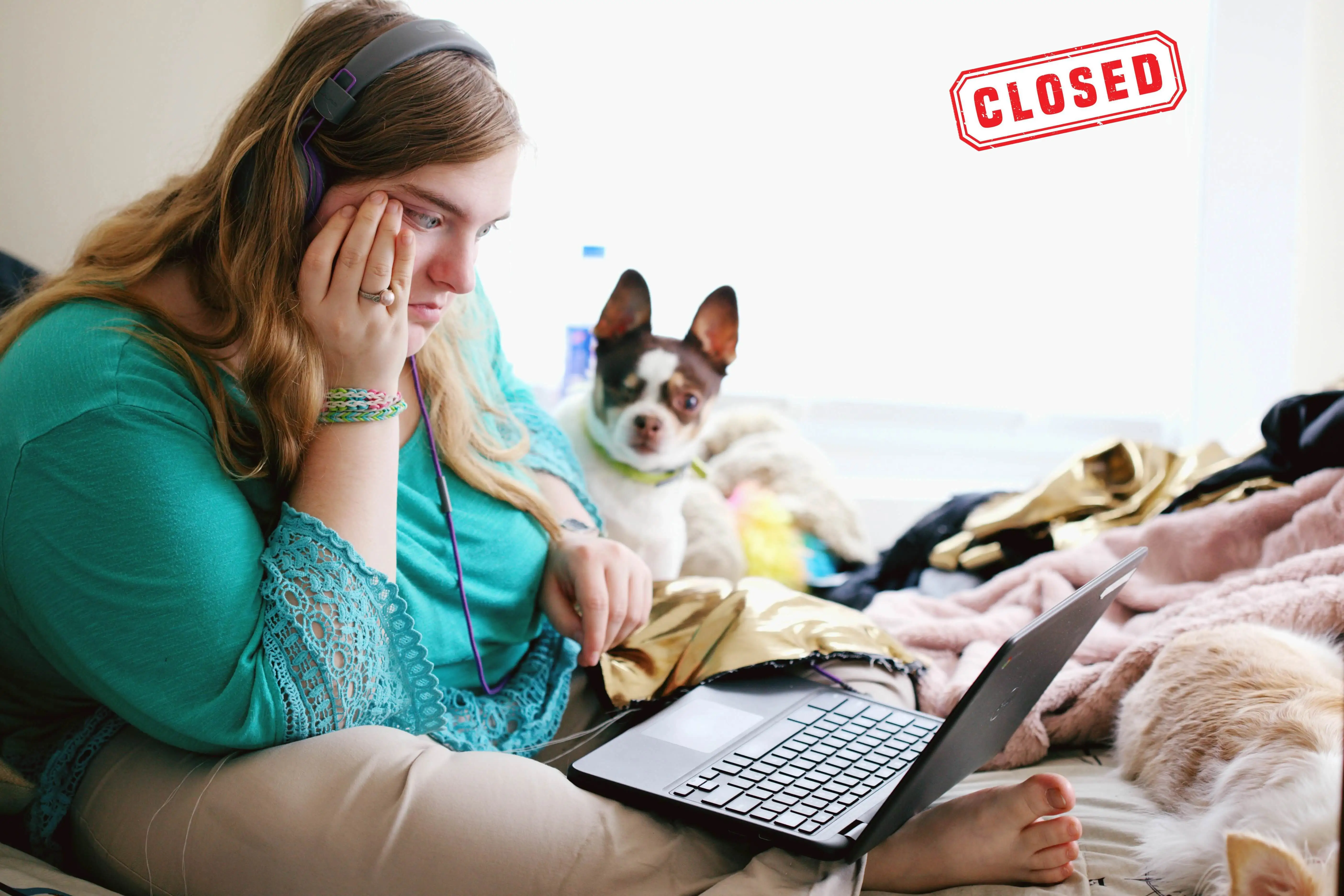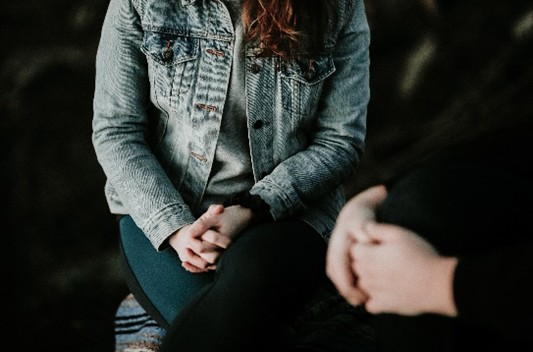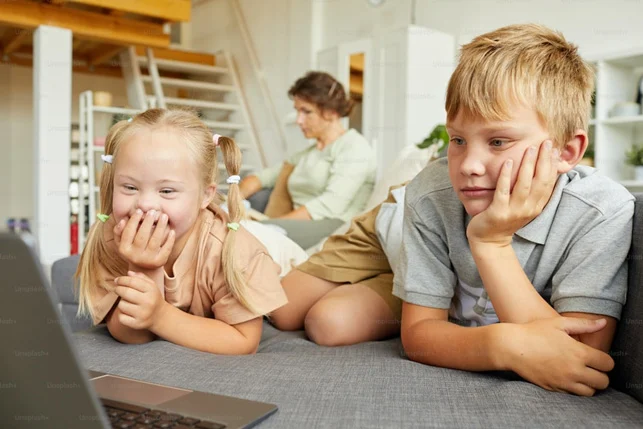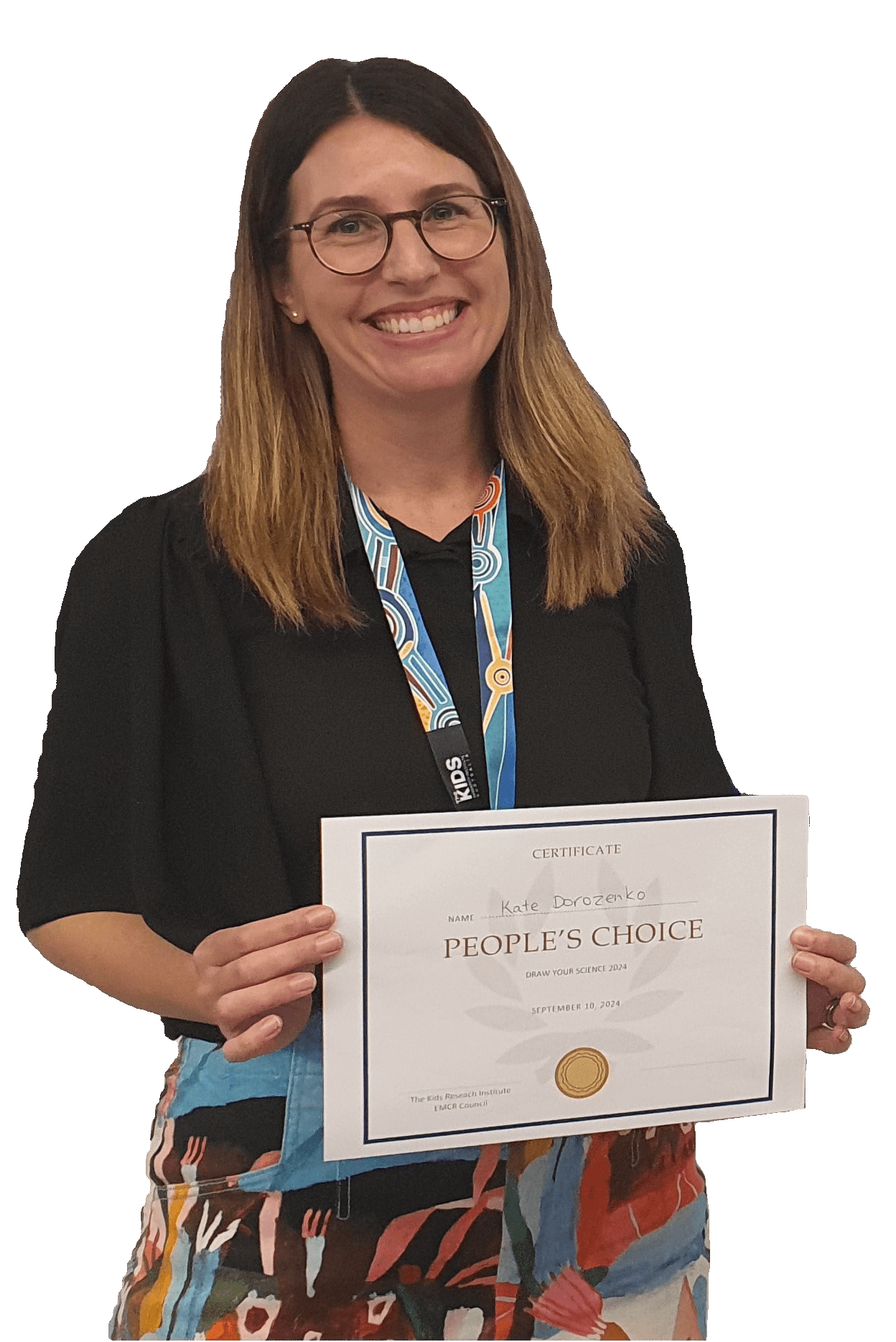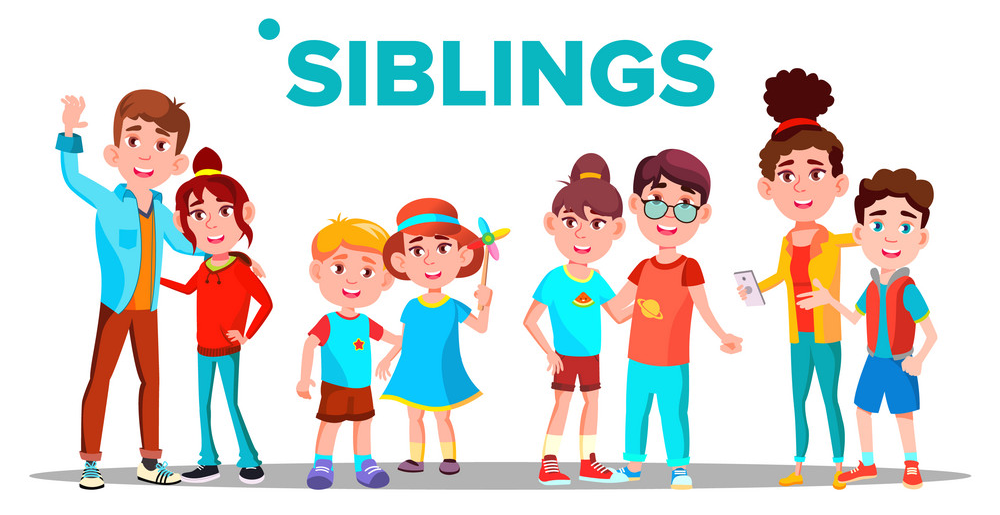
Exploring the experiences, health, wellbeing, relationships, and needs of children who have a brother or sister with a developmental disability.
In Australia, more than ten thousand children are born each year with a developmental disability or neurodevelopmental condition, such as autism, intellectual disability and cerebral palsy. The sibling journey can be immensely rewarding, with research highlighting the resilience and personal growth of siblings, yet siblings also face challenges which can sometimes be overlooked. The aim of the Sibling Project is to explore the experiences, health, wellbeing, relationships, and needs of siblings at the individual, family and wider community levels.
We value the help and guidance of siblings and parents in our research. On this website, we invite siblings and parents to join our team as co-researchers, participate in research projects, keep informed of our findings and events, and contact us with suggestions.
Sign up to our mailing list!
Be notified about future projects and opportunities by clicking here.


